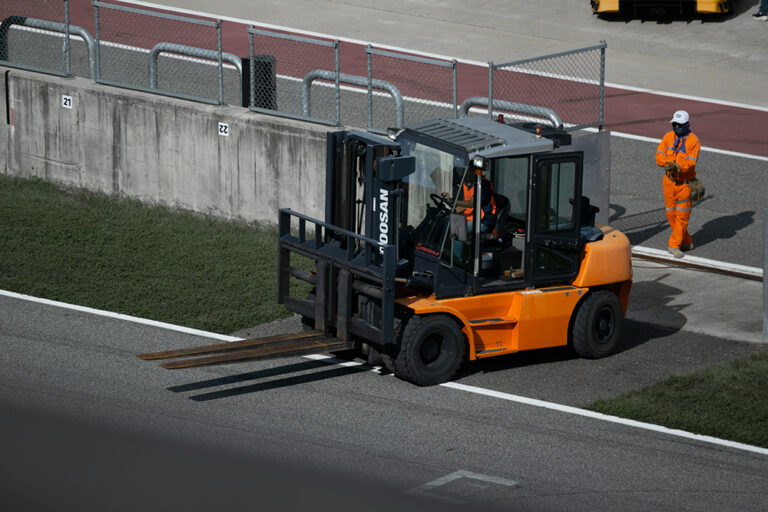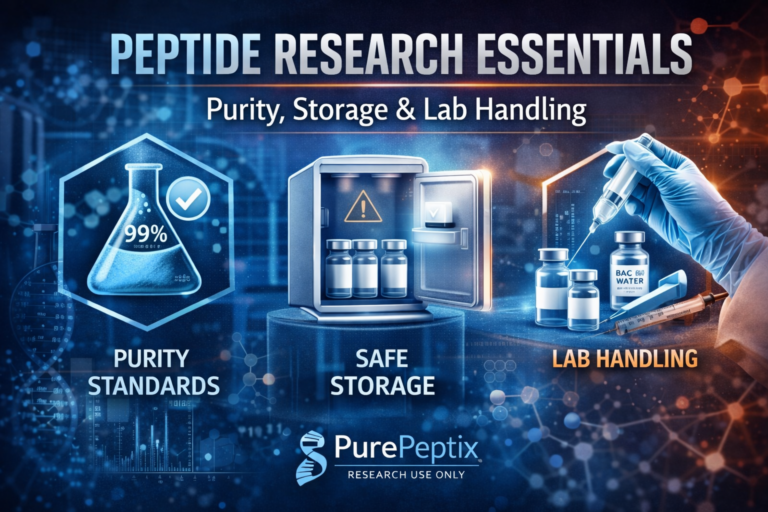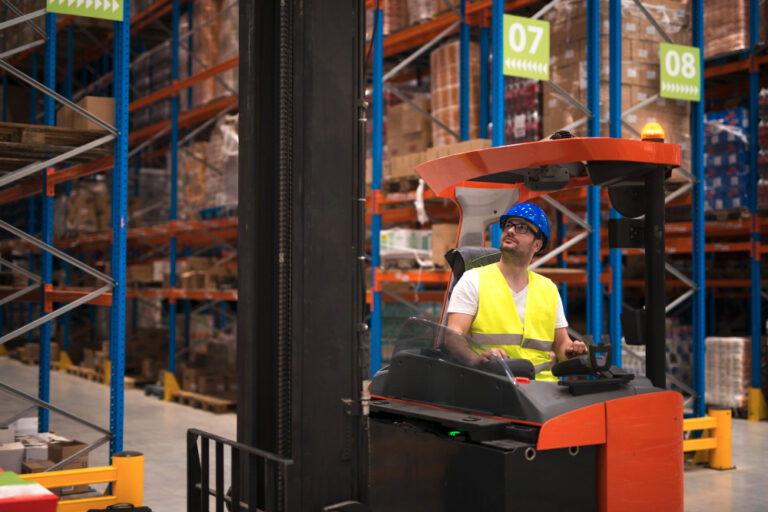The landscape of sheet metal machinery continues evolving at an unprecedented pace, driven by technological innovations that promise to revolutionize how manufacturers approach production challenges. Understanding these emerging trends in industrial machinery sales helps forward-thinking companies position themselves for future success while making informed equipment investment decisions today.
Artificial Intelligence Integration in Steel Forming Technology
The integration of artificial intelligence into steel forming technology represents one of the most significant advances in modern manufacturing. AI-powered sheet metal equipment can now learn from production patterns, predict optimal settings, and automatically adjust parameters to maximize efficiency and quality across diverse production runs.
Metal machinery sales increasingly feature AI capabilities that transform traditional equipment into intelligent manufacturing systems. These advances in sheet metal machinery and equipment sales enable unprecedented levels of automation while maintaining the flexibility required for diverse production requirements.
Industry 4.0 and Smart Manufacturing Revolution
The Fourth Industrial Revolution is fundamentally changing how sheet metal solutions integrate with broader manufacturing ecosystems. Smart industrial equipment sales now emphasize connectivity, data analytics, and automated decision-making capabilities that extend far beyond individual machine performance.
Sheet metal forming equipment equipped with Industry 4.0 capabilities provides real-time production data, predictive maintenance alerts, and quality monitoring that supports comprehensive manufacturing intelligence initiatives. These capabilities in modern steel machinery sales enable manufacturers to optimize entire production workflows rather than individual processes.
Advanced Materials and Processing Innovations
Emerging materials technologies are driving new requirements in sheet metal equipment sales as manufacturers work with increasingly sophisticated alloys, composites, and hybrid materials. These material innovations require industrial machinery sales that can accommodate unique processing requirements while maintaining precision and efficiency.
Steel forming technology continues advancing to handle next-generation materials including ultra-high-strength steels, lightweight alloys, and environmentally sustainable alternatives. These material processing capabilities in modern sheet metal machinery enable manufacturers to meet evolving product requirements and regulatory standards.
Robotics Integration and Collaborative Manufacturing
The integration of robotics with sheet metal equipment is creating new possibilities for automated production while maintaining human oversight and control. Collaborative robots working alongside metal machinery sales installations enable manufacturers to achieve higher productivity while preserving the flexibility of human-guided operations.
Industrial equipment sales that include robotics integration demonstrate how modern manufacturing combines automation efficiency with human expertise. These hybrid approaches in sheet metal machinery and equipment sales optimize both productivity and adaptability in dynamic production environments.
Digital Twin Technology and Virtual Manufacturing
Digital twin technology is revolutionizing how manufacturers approach sheet metal solutions by creating virtual representations of physical equipment and processes. These virtual models enable optimization, simulation, and predictive analysis that improves both equipment selection and operational performance.
Steel machinery sales that incorporate digital twin capabilities provide manufacturers with powerful tools for process optimization, operator training, and maintenance planning. This technology in industrial machinery sales enables continuous improvement through virtual experimentation and analysis.
Sustainability and Environmental Innovation
Environmental sustainability is becoming a primary driver in sheet metal forming equipment design and selection. Modern steel forming technology emphasizes energy efficiency, waste reduction, and environmental impact minimization while maintaining or improving production capabilities.
Sheet metal equipment sales increasingly feature sustainability metrics that help manufacturers meet corporate environmental objectives and regulatory requirements. These environmental considerations in industrial equipment sales reflect growing awareness of manufacturing’s environmental responsibility.
Additive Manufacturing Integration
The convergence of additive manufacturing with traditional sheet metal machinery is creating hybrid production capabilities that combine the strengths of both technologies. This integration enables manufacturers to create complex components that would be impossible with either technology alone.
Metal machinery sales that include additive capabilities demonstrate how manufacturing technologies can complement rather than compete with each other. These hybrid approaches in sheet metal equipment enable unprecedented design freedom while maintaining production efficiency.
Advanced Sensor Technology and Real-Time Monitoring
Next-generation sensor technology in sheet metal solutions provides unprecedented visibility into production processes, enabling real-time quality control and process optimization. These sensing capabilities in modern industrial equipment sales support immediate decision-making and continuous process improvement.
Steel machinery sales featuring advanced sensor integration enable manufacturers to monitor and control production parameters with precision previously thought impossible. This sensing technology in sheet metal machinery and equipment sales supports quality assurance and process optimization initiatives.
Augmented Reality for Operator Support
Augmented reality technology is transforming how operators interact with sheet metal forming equipment, providing real-time guidance, maintenance instructions, and performance feedback directly within the operator’s field of view. This technology enhances both productivity and safety in manufacturing operations.
Industrial machinery sales that include AR capabilities demonstrate how digital technology can enhance human performance rather than replace it. These human-machine interfaces in steel forming technology improve both operational efficiency and workplace safety.
Quantum Computing Applications in Manufacturing
While still emerging, quantum computing promises to revolutionize complex calculations required for advanced sheet metal equipment optimization, material science applications, and production planning. This technology will eventually enable optimization capabilities impossible with traditional computing approaches.
Metal machinery sales in the future may incorporate quantum-enhanced optimization algorithms that can solve complex manufacturing problems in real-time. These computational advances will transform how industrial equipment sales approach process optimization and quality control.
Blockchain Technology for Supply Chain Transparency
Blockchain technology is beginning to influence sheet metal machinery and equipment sales through enhanced supply chain transparency, quality tracking, and certification verification. This technology enables unprecedented visibility into component sourcing and manufacturing processes.
Steel machinery sales that incorporate blockchain capabilities provide manufacturers with verifiable quality and sourcing information that supports regulatory compliance and customer confidence. This transparency in sheet metal solutions becomes increasingly valuable in quality-sensitive applications.
Edge Computing and Distributed Intelligence
Edge computing technology enables sheet metal equipment to process data and make decisions locally rather than relying on centralized systems. This distributed intelligence approach improves response times while reducing dependency on network connectivity for critical operations.
Industrial equipment sales featuring edge computing capabilities provide manufacturers with robust, responsive systems that can operate effectively even with limited connectivity. These capabilities in steel forming technology ensure consistent performance across diverse operational environments.
Cybersecurity Evolution in Manufacturing
As sheet metal forming equipment becomes increasingly connected, cybersecurity considerations become critical factors in equipment selection and implementation. Modern industrial machinery sales must address security requirements while maintaining operational efficiency and connectivity benefits.
Sheet metal machinery security features include encrypted communications, secure authentication, and intrusion detection capabilities that protect manufacturing operations from cyber threats. These security considerations in metal machinery sales reflect the growing importance of cybersecurity in manufacturing environments.
Flexible Manufacturing Systems
Future sheet metal equipment sales will emphasize maximum flexibility to accommodate rapidly changing production requirements and market demands. These flexible systems enable manufacturers to adapt quickly to new products, materials, and production volumes without major equipment changes.
Steel machinery sales that prioritize flexibility enable manufacturers to respond rapidly to market opportunities while maintaining operational efficiency. This adaptability in sheet metal machinery and equipment sales becomes increasingly valuable in dynamic competitive environments.
Predictive Analytics and Machine Learning
Advanced analytics capabilities in sheet metal solutions enable manufacturers to predict optimal production parameters, identify potential quality issues, and optimize maintenance schedules based on historical data and machine learning algorithms.
Industrial equipment sales that incorporate predictive analytics provide manufacturers with powerful tools for operational optimization and quality improvement. These analytical capabilities in steel forming technology support data-driven decision making and continuous improvement initiatives.
Energy Storage and Grid Integration
Future sheet metal equipment may incorporate energy storage capabilities that enable load balancing, peak shaving, and grid stabilization services while maintaining production capabilities. These energy management features support both operational efficiency and grid stability.
Industrial machinery sales with integrated energy management capabilities provide manufacturers with opportunities to reduce energy costs while supporting grid stability initiatives. These capabilities in metal machinery sales align operational efficiency with broader energy system objectives.
Preparing for Future Technology Integration
Successful preparation for future technology integration requires strategic planning in current sheet metal machinery and equipment sales decisions. Equipment selection should consider upgrade pathways, connectivity capabilities, and compatibility with emerging technologies.
Steel machinery sales that emphasize future-ready designs enable manufacturers to benefit from technological advances without complete equipment replacement. This forward-thinking approach in industrial equipment sales protects equipment investments while enabling technology adoption.
Conclusion: Embracing Manufacturing’s Digital Future
The future of sheet metal equipment promises unprecedented capabilities through the integration of artificial intelligence, advanced materials, robotics, and digital technologies. Understanding these trends enables manufacturers to make informed industrial machinery sales decisions that position their operations for long-term success.
Sheet metal solutions that embrace emerging technologies will provide competitive advantages through improved efficiency, quality, and adaptability. For manufacturers committed to technological leadership, partnering with forward-thinking steel forming technology providers ensures access to innovations that will define the future of manufacturing.
The evolution of sheet metal machinery and equipment sales continues accelerating, driven by technological convergence that promises to transform manufacturing capabilities. By understanding and preparing for these changes, manufacturers can leverage emerging technologies to achieve unprecedented levels of performance and competitive advantage.





